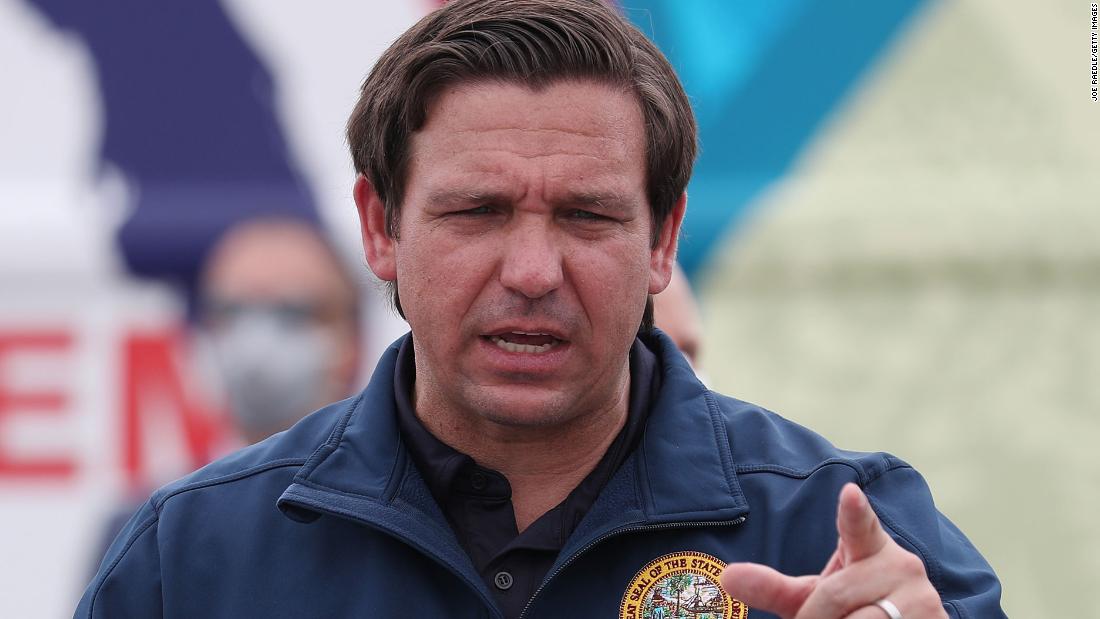A handful of bills in the legislature this session would allow college athletes to get paid for their name, image and likeness. Only one is moving through the Senate. On Monday, it got some significant changes.
Sen. Debbie Mayfield’s (Republican) bill would allow student athletes to receive endorsements from businesses – something that the NCAA currently doesn’t allow. But, athletes would have to follow guidelines set up by their universities, under a so-called morality clause.
“The student athlete may not enter into a contract that violates provisions of the teams’ contract,” Mayfield explained at a previous committee stop. “The team must disclose each potential conflict with the athlete and their representation. The student athlete must disclose any contract they are a part of to the university.”
That means businesses like strip clubs or gambling establishments would be off the table. Mayfield’s bill has cleared two of its three committee stops unanimously.
This week, it got some significant changes by way of three amendments. Perhaps the most significant was one by Senator Rob Bradley, which would allow the NCAA to implement changes to its own system before Florida legislates them. He says that’s in the interest of consistency among states.
“Florida, Florida state, Florida International, Florida Atlantic, UCF, USF and a lot of our private schools are a part of larger organizations – they’re a part of the NCAA, they’re a part of the ACC, they’re a part of the SEC, they’re a part of Conference USA, and these are organizations that have members that are from different states that have different rules,” Bradley said. “And, you don’t want to see our particular schools disadvantaged when it comes to competing with the other 49 states and the schools in the other 49 states.”
The NCAA’s governing board has directed its three divisions to consider updating bylaws to allow opportunities for its athletes to profit. It wants to have those updates in place by 2021. Meanwhile other states, like California, have already taken legislative action.
An adopted amendment from Mayfield says an officer or director within the university, or a voting member of a booster organization can’t be behind compensation for a student athlete.
“The intent is to make sure this is a third party in contracting with the athlete,” Mayfield told her colleagues.
Lower level boosters who are not voting members, as Mayfield points out she is for Florida State University, could still contract with an athlete under the amended bill.
Mayfield also amended her own bill to include a provision requiring student athletes to take a financial literacy course.
“This amendment requires a school to offer a financial literacy class at the start of their first and third year term,” Mayfield said. “This aims to help the athletes with budgeting of their money.”
Mayfield says she’ll work out the details going forward on whether there will be pass/fail requirements for those classes.
But not every amendment to the bill was adopted.
Senator Randolph Bracy tried, and failed, to amend the bill to set up a revenue sharing system for student athletes in all sports. It would have distributed 10 percent of ticket sale revenue from a university in a given year to its student athletes upon graduation. But Bracy was peppered with questions from his colleagues, who were skeptical. This one came from Sen. Travis Hutson:
Hutson: “So if the intent of the amendment is to do revenue sharing for playing a sport, wouldn’t that make them professional athletes?”
Bracy: “That’s up for debate, I think that, if you look at the billions of dollars generated by these student athletes, then we should have a revenue-sharing model.”
Mayfield opposed bringing such a change to her bill as well.
“That’s not the intent of this bill – as a matter of fact that’s what we’re trying to stay away from, getting paid for the actual playing of the sport,” Mayfield said.
With the amendments that were adopted, lawmakers still like the bill on a bipartisan level. For some, the issue is personal. More than one former collegiate athlete sits on the Senate Innovation, Industry, and Technology panel. That includes Sen. Travis Hutson.
“It’s not fair that we bust our butts as student athletes and we cannot get compensated in return,” Hutson said.
After Sen. Bradley’s amendment delaying the implementation by a year, the bill would now take effect in July of 2021.
Reporting by Ryan Daily-WFSU




